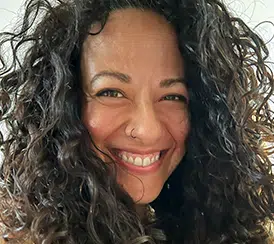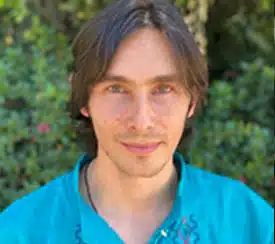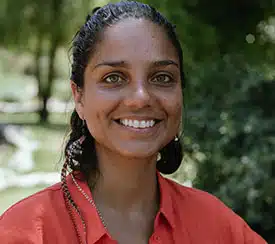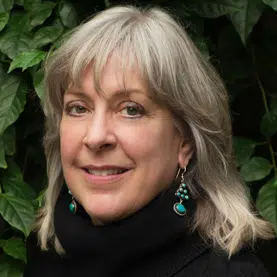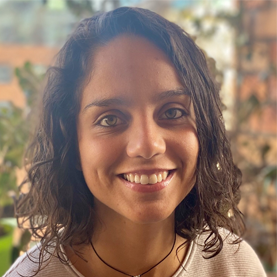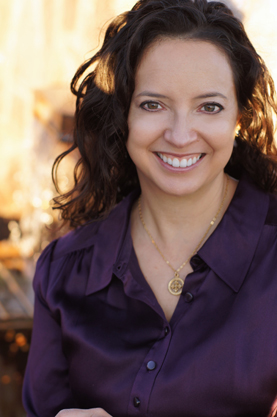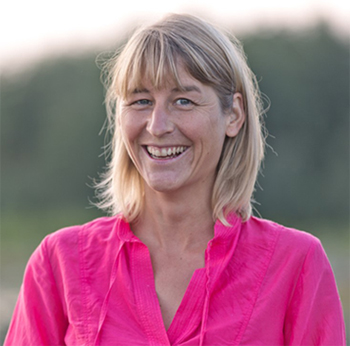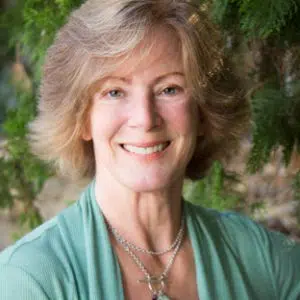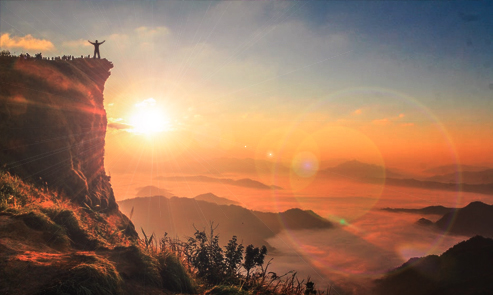
After a week of walking, and much talking, we reached an adobe hut near where the altiplano descends 5,000 feet to the jungle lands of the Q’ero, and it was there that I met the man whose trail we had been following. I watched the man the natives called don Jicaram free the spirit of a dying missionary woman, a white woman who had been brought to the village by Indians from the jungle below. The man who worked silently, methodically, to disengage the old woman’s luminous body that night and into the early morning—when he stimulated my freshly opened vision to witness the instant of her death—was none other than my companion, Professor Morales. The man I had been traveling with was the very man I had sought.
We never spoke of that dramatic revelation, and it took me a few days to register the complete significance of this man’s double life. Feared and respected in the countryside as a master healer, idolized by a handful of university students, Antonio Morales was a man of two worlds. It was like something out of a storybook. All the time that I had been seeking this hotun laika as a subject for my study, he had been by my side studying me.
We began our work then in earnest. With his guidance I embarked upon the journey that has no end. In some sense we have been walking together ever since; my perceptions changing along the way.
We traveled to Machu Picchu, where I engaged with the work of the South for the first time, learned what it meant to confront my past and shed it according to the traditions of shamanism—mythically, cathartically, rather than psychologically. I began to learn something of the use of certain plants to facilitate the laying of new and astonishing neural pathways in my brain. And we talked: about philosophy, about the human experience, about the nature and use of myth, the origins of psychology and storytelling, and the physics of life and death.
Two years later we traveled to witness and participate in the death of Antonio’s teacher, a gentle, ancient man who died in the company of those he had taught for half a century. Then I returned to the jungle lagoon where don Ramon Silva had first introduced me to ayahuasca. Free from my past, I met fear and death, came ultimately to understand why the shaman is referred to as “one who has already died,” one who has no unfinished business in this life or the next.
Back in the States I wrote an objective analysis of primitive healing traditions that drew mostly from my earliest experiences in Mexico and Brazil. I received my doctorate in psychology and returned to Peru, only to learn that Antonio had resigned the chairmanship of the department of philosophy and had disappeared from Cuzco.
Again, I returned to California and began to adapt the shamanic traditions that I had studied; I began to translate the work of the Medicine Wheel into a Western framework, a psychology of the sacred. For I had realized long ago that the journey of the Four Winds represented an ancient formula for transformation: Shed the past that restrains us (particularly the myth that we were born outcasts from Paradise), confront and overcome the fears of the future and death that paralyze us, and we may live fully in the present; apply the skills learned along the way to access a sea of consciousness as vast as time itself, then find a vehicle for expressing the experience with beauty and living as a caretaker of the Earth.
I had a notion that the Medicine Wheel could be considered a sort of neurological map for overriding the four operative programs of our primitive limbic brain: fear, feeding, fighting, and sex. Further, I imagined that the ability to override the prime directives of the most primitive part of our brain might allow us to step into a grander consciousness. Perhaps that potential is fundamental to the next quantum leap in the evolution of our species.
So I had begun to work with groups of psychologists and other health care professionals, to introduce to them this ancient formula, to lead them on journeys of the soul. It was while conducting a workshop among the ruins of Machu Picchu, seven years after missing him in Cuzco, that I found Antonio again. He was lecturing to a group of schoolchildren, guiding them through the ruins of the City of Light that their ancestors had built.
He was dressed as he had always dressed in the country: a pair of raw cotton trousers, sandals, a simple brown poncho, and a beat-up old fedora with a satin band. He carried a walking stick, a curious acknowledgment of his advanced years—it was not long enough to lean on, it was simply a stick to walk with.
We spoke for several minutes. He told me that remembering ancient memories—the task of the North—is not simply a matter of recalling knowledge acquired by others in the short history of our species. It is stepping through the crack between the worlds and taking our place among the twice born, all those who have conquered death, done battle with the archetypes of consciousness, and mastered the forces of Nature to become persons of knowledge. ”Become them and allow them to become you,” he said. “Their memories will grow in you, for they are who you are becoming.” He said that history trusts us with a responsibility—a stewardship, he called it—and we abdicate by taking refuge in the drama of our personal past. We dishonor the lineage of our people.
“Your psychology,” he said, “teaches you to reconcile yourself with the past, with your mother and your father and your history. Our psychology teaches us to reconcile ourselves with the future, to craft a destiny for ourselves and become stewards of the world that we want our children to inherit.”
He went on to speak of the East. “It is the way of the visionary,” he said. “It is where we assume full responsibility for who we are becoming and influence destiny by envisioning the possible.” He said that destiny is not something over which one seeks to gain control, but a person of power can influence it. “Learn to dance with it,” he said. “Lead it across the dance floor of time.”
And he tapped the top of his head and said that the crack between the worlds is the gap in the skull that we are born with, the fontanel that closes soon after birth.
He had always been a poet, a master of metaphor.
So, as the end of his life drew near, Antonio Morales had turned to the children; for it all begins with the children.
He took my hand then and told me that we would meet again, that there were places where he could not go alone. A remarkable statement from a man who had traveled further within the boundless realm of his own mind than any man I will ever know. That was in the fall of 1983. And that was the last I saw of him.
My mentor believed that the new shamans, the new caretakers of the earth would come from the west. We are the ones who can bring healing and transformation to our families, to our communities, and to the earth. We are the change agents. The body of wisdom I acquired with him and in my years of study with the medicine men and women of the Amazon and Andes is what we teach our students at the Light Body School today.
.
